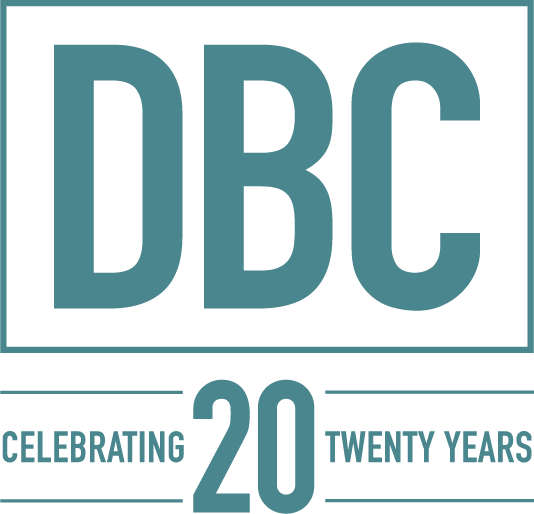B2B social media strategies play a pivotal role in achieving marketing and business objectives.
Having a B2B social media presence is not just beneficial – it’s essential. It can build brand awareness, establish industry thought leadership and gather leads. Here are five best practices to elevate your B2B social media approach.
- Define your objectives: B2B marketers often leverage social media for brand awareness, audience education and lead generation. Establish a clear roadmap for your B2B social media efforts by defining your objectives. Having clear objectives can effectively aid in:
- Platform selection – Different platforms cater to different goals, whether it’s LinkedIn for professional networking, X (fka Twitter) for real-time updates or YouTube for educational content. Align objectives with platform strengths to ensure optimal utilization for your B2B social media efforts.
- Content strategy – If your goal is brand awareness, focus content on compelling brand stories. For lead generation, shift to informative whitepapers or case studies. A clearly defined objective ensures that every piece of content serves a purpose against set goals.
- Audience targeting – Defining objectives helps B2B marketers identify and understand their target audience. Whether it’s industry professionals, decision-makers or entry-level employees, knowing your audience allows for precise targeting and crafting content that resonates with the intended audience. This target approach increases the effectiveness of social media campaigns significantly.
- Understand your audience: Building buyer personas of your ideal customers is crucial in creating targeted and effective B2B social media content. Buyer personas provide a detailed understanding of your target audience, including their roles, responsibilities, challenges and preferences. This insight allows you to tailor social media content that directly addresses the needs and pain points of your ideal customers, making your content more relevant and engaging. Understanding your audience on a deeper levels allows you to:
- Realize which social channels they use so you can meet your audience where they are actively engaged
- Create content that aligns with each stage of the purchasing process
- Craft messaging that resonates with each audience segment
- Create highly targeted ads that reach the specific individuals you aim to engage
- Provide valuable content and resources: Share content that adds value to your audience’s professional lives. How-to guides, industry news, trends or strategic insights – thought leadership should be at the forefront of your content. 61% of B2B decision-makers find thought leadership significantly more effective than traditional product-oriented marketing. When promoting your product or services, focus on how it directly benefits customers in real business terms. You can increase your social engagement by providing content that:
- Proves you can increase a business’s profit margins or minimize losses
- Demonstrates how you can increase the likelihood of customer retainment during times of uncertainty
- Describes how you can help businesses outpace competitors
- NOTE: You can also earn the trust of your B2B social media followers by offering free resources such as reports or white papers.
- Take a human approach to comms: Adopt conversation and human tone in your communications. Executives, in particular, prefer a more human and less formal tone. Connect with the people behind the brands and nurture relationships with professionals at various career stages. Humanizing your brand enhances its appeal, making it relatable and trustworthy.
- Engage actively and responsively: Actively engage with your audience by responding to direct messages and comments. Doing this can further establish thought leadership by interacting with potential leads. Join industry-relevant conversations using social listening tools or hashtags to identify and participate in discussions. Lend helpful information in these discussions without being sales-heavy and focus on relationship-building and brand awareness.
Mastering these best practices will not only enhance your B2B social media presence but also contribute to your brand’s overall success. As the B2B landscape continues to evolve, stay authentic, provide value, and foster meaningful connections to set your brand apart. If you need help with social media strategy development and execution, reach out to see how we can help your team find success in 2024.

